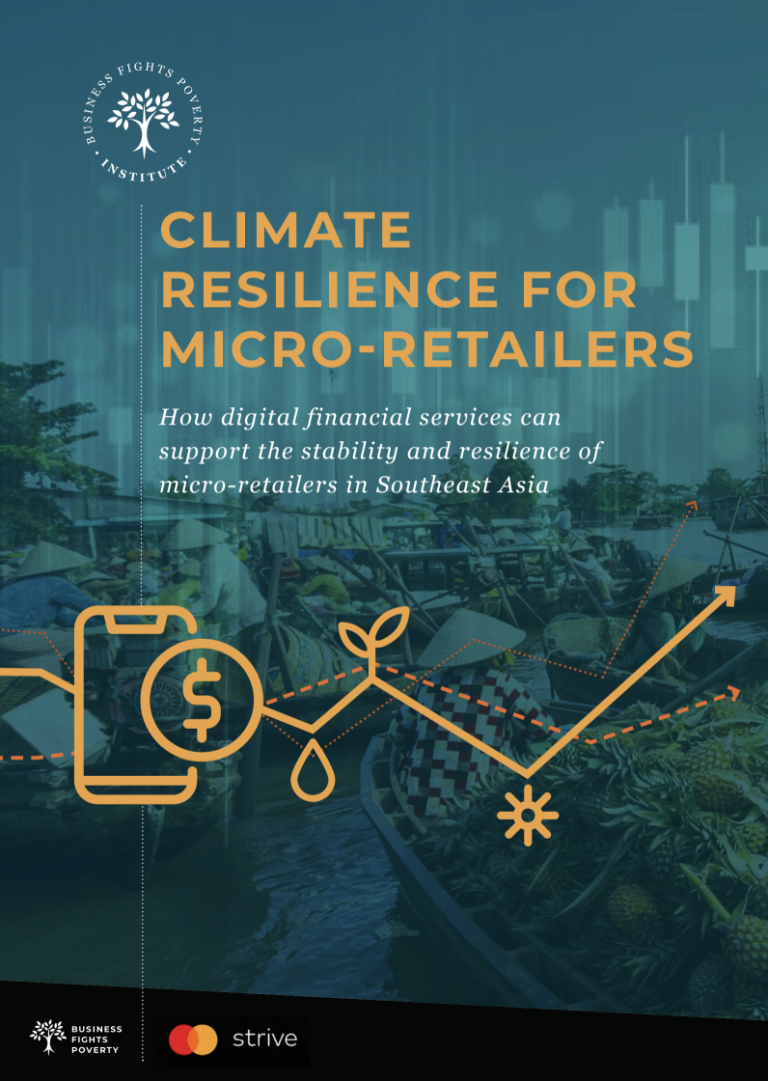Hear from Social Impact Pioneers: Anna Kilpatrick, Chief Strategy and Impact Officer at PUR, whose agroforestry projects help global companies decarbonise agricultural supply chains while improving smallholder incomes. Ann Vaughan, Associate Vice President for Resilient Futures at CARE, leading work to unlock climate finance that reaches 25 million people, especially women and girls. Olaf Westermann, Senior Technical Advisor on Climate Change and Agriculture at CRS, connecting conservation, livelihoods, and equity in nature-based carbon projects worldwide. And Lilian Gwazayo, Field Advisor, & Environmental Scientist, CARE, Malawi.

